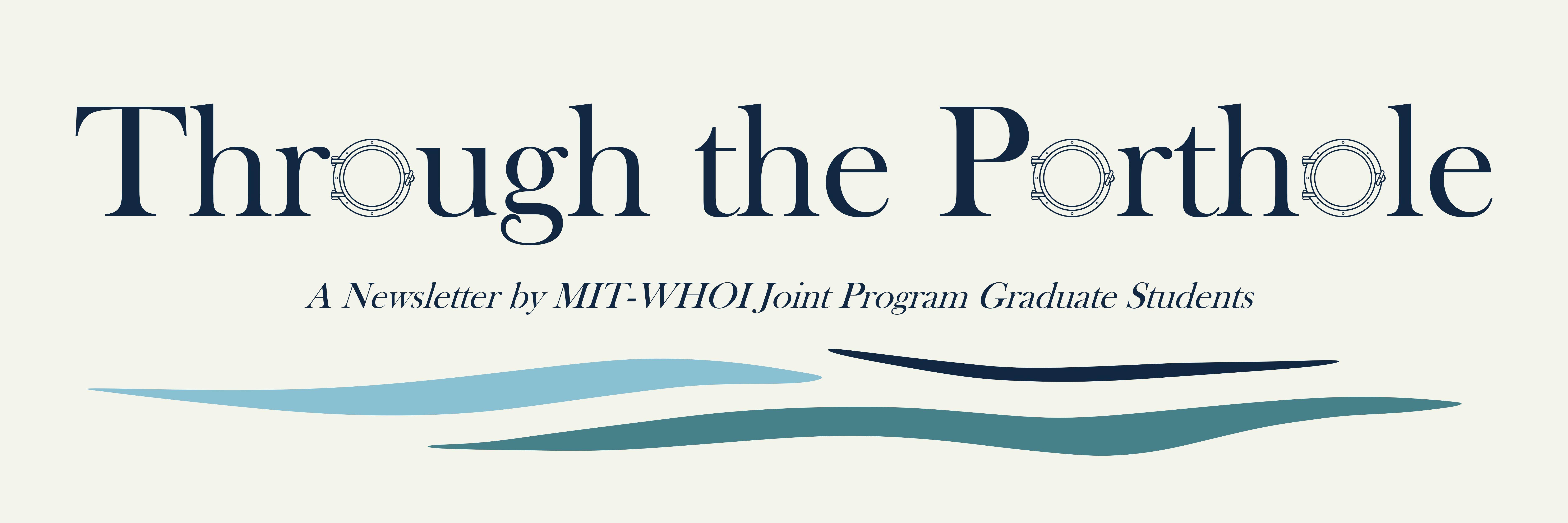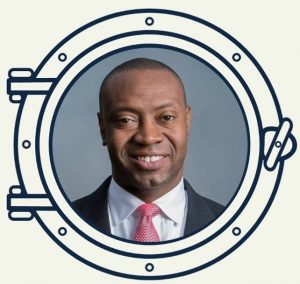

Charting a New Course: James Marshall Shepherd
This profile is part of our series celebrating contemporary Black geoscientists in honor of Black History Month. Learn more here.
Dr. Shepherd is an atmospheric scientist whose work focuses on extreme weather events, such as hurricanes, in the context of a warming climate. He is the Director of the Atmospheric Sciences program at the University of Georgia, where he teaches courses on weather and climate in addition to pursuing his research program. Prior to working at UGA, he also worked as a research meteorologist at NASA. He is also very active as a science communicator.
Shepherd grew up in Canton, Georgia, and went on to study in Florida. He completed both his undergraduate and PhD degrees in physical meteorology at Florida State University. He then spent twelve years at NASA, where he worked on the Global Precipitation Measurement (GPM) mission, which developed an international network of satellites to monitor snow and rainfall, with the aim of better understanding the water cycle and better predicting extreme weather events. During his time at NASA, he was awarded the Presidential Early Career Award for his research (he has received many other prestigious awards since then). In 2013, he served as president of the American Meteorological Society. His research as a faculty member at UGA uses satellites, aircraft, radar, and computer modeling to better understand weather and climate.
Shepherd works to enhance science and climate literacy for broad audiences in his work as a science communicator. He appears regularly on major television news outlets as a climate expert. His 2013 TedX talk “Slaying the Climate Zombies,” a debunking of climate change denial myths, is one of the most watched climate lectures on YouTube.
He contributes regularly to Forbes Magazine, where he explains new findings in weather and climate for the general public. He’s also the author of a children’s book: Dr. Fred’s Weather Watch.
We asked Shepherd if he had a message to give undergraduate students interested in the geosciences. His response was: “We increasingly need end-to-end scientists. Use your geosciences background to do sound science but develop a broader skillset to engage beyond the ivory tower.”
Read more of Through the Porthole Issue #1
Learn more about Through the Porthole
Learn more about the MIT-WHOI Joint Program